

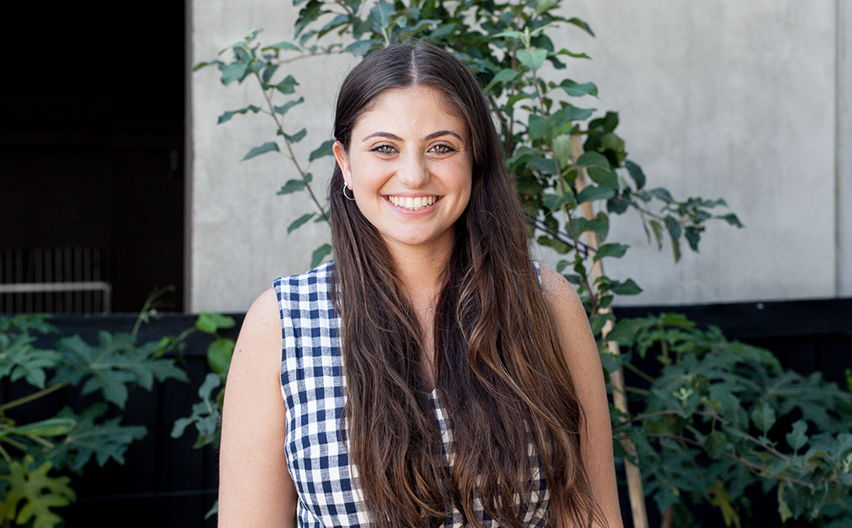
Jeanine Hourani believes in luck … even though luck hasn’t always been on her side.
‘I often joke that there are lots of other things I would’ve loved to inherit other than statelessness, but it’s the luck of the draw and you just have to make the best of whatever you get,’ she says with a light-up-any-room type of smile. ‘You don’t decide the country you’re born into.’
It’s this glass-half-full outlook that’s at the core of the can-do attitude Jeanine exudes in her work with refugees.
Born in 1994 in Bahrain, Jeanine became the third generation of statelessness in her family. ‘My grandfather was displaced from Palestine and walked to Syria where he lived in a refugee camp. My dad was born in the camp,’ she says.
Although Jeanine’s mother is Lebanese, at the time it wasn’t possible for a Lebanese passport to follow through the maternal line, so her family migrated to Australia in 1997 under the skilled worker point scheme.
Jeanine was naturalised in 2000, and after completing a few years in primary school, she and her family went back to Bahrain, then to the UAE where she finished secondary school. ‘It was at this point my parents wanted me to return to Australia to attend a college. I didn’t even know what a college was,’ Jeanine admits. However, something in the back of her mind triggered a memory. ‘The previous year one of my Melbourne friends posted on social media that they were going to Trinity College. So, in a way it was just luck I ended up somewhere that was the perfect fit for me.’
From the get go, Jeanine embraced the community feel of Trinity. ‘In my first year I started volunteer tutoring and by third year I was elected community representative on the TCAC.’ Studying for an honours degree in biomedicine, the more involved Jeanine became in community projects at Trinity, the more it reaffirmed her career trajectory into the non-profit sector.
It was then a moment shared with a college friend that narrowed Jeanine’s focus even further – it was the moment she disclosed her background for the first time.
‘One day I was walking around Princes Park with a Trinity friend and I told her how I came to Australia and became an Australian. She stopped in her tracks. I could see the impact the story had on her – I was humanising a refugee experience.’
This moment formed the premise for Jeanine to approach the grassroots, non-profit organisation Road to Refuge with an idea for a project in 2016.
‘I wanted other young refugees to have the opportunity to tell their story on their own terms and in their own words.’
Fittingly, her project was titled ‘In My Own Words’ and is now the flagship program of Road to Refuge where, through a series of workshops, participants develop the skills to express their story. ‘We’ve had participants feature in movies and others have had their stories and poetry published. If we keep doing this in media outlets, art galleries and film festivals, they end up having a collective impact.’
Since developing In My Own Words, Jeanine has gone on to become the director of Road to Refuge. Although she feels there’s a long way to go in changing public perceptions and challenging preconceived notions and negative rhetoric, Jeanine believes the program is gaining traction through understanding and diversity of experiences.
‘If everyone hears a story like mine, it decreases the stigma around refugees and people seeking asylum.’
Jeanine’s goal is to generate more funding to grow Road to Refuge so more people can share their stories.
‘A lot of what I do at Road to Refuge honours my former self. I wish I’d seen refugee stories on film screens or in books when I was growing up. It takes a story to displace a story.’
Road to Refuge
Started in 2012, Road to Refuge is a non-profit organisation dedicated to amplifying the voices of refugees and asylum seekers. In addition to In My Own Words, other programs include Our Pursuit of Happiness, They Cannot Take the Sky and Shifting the Story – a project launched in response to COVID-19 to encourage refugees to tell stories of how they’ve been impacted by the pandemic.
By Jocelyn Pride
This article first appeared in issue 89 of Trinity Today.
Related News
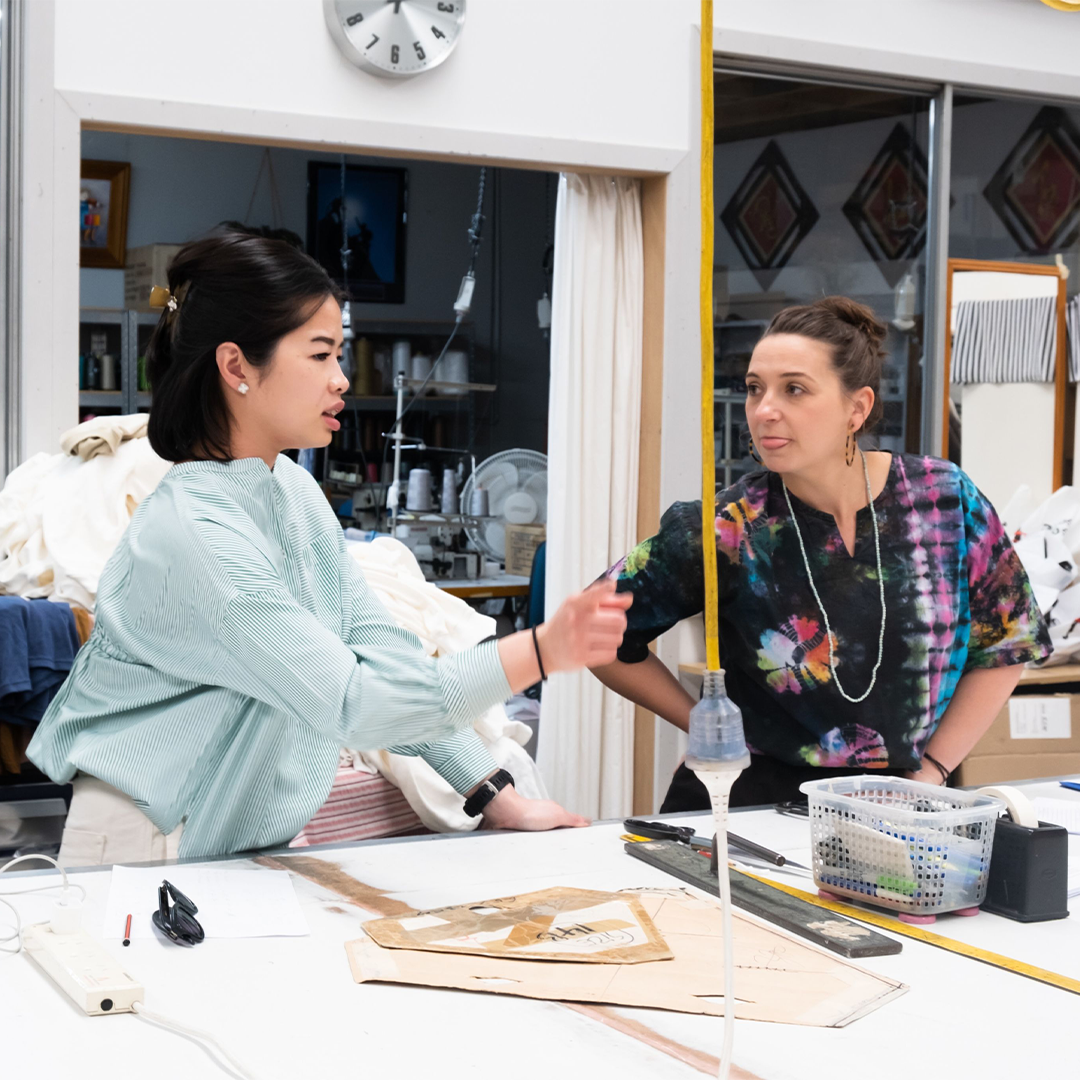
Quality over quantity: the environmental impact of our clothes

From little things: Trinity community members share their successful business strategies
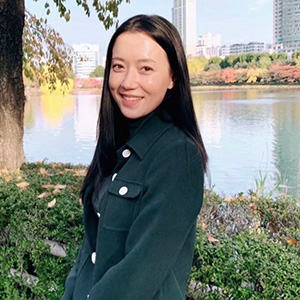
Meet FS teacher Kristin Vestermark
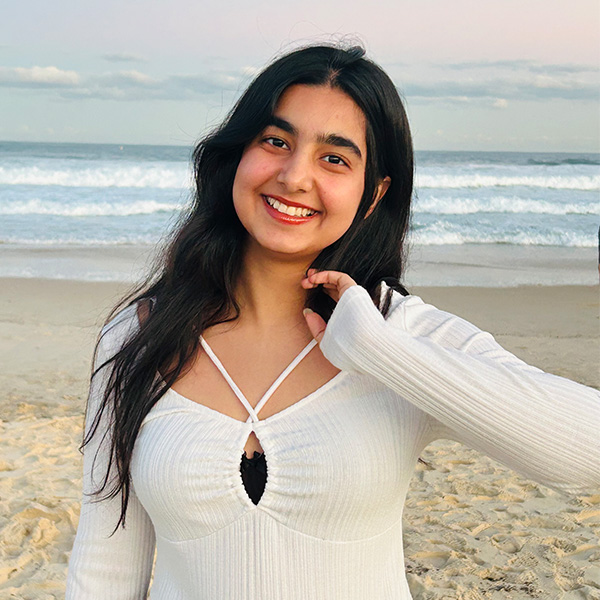
What's it like for an international student in Melbourne?
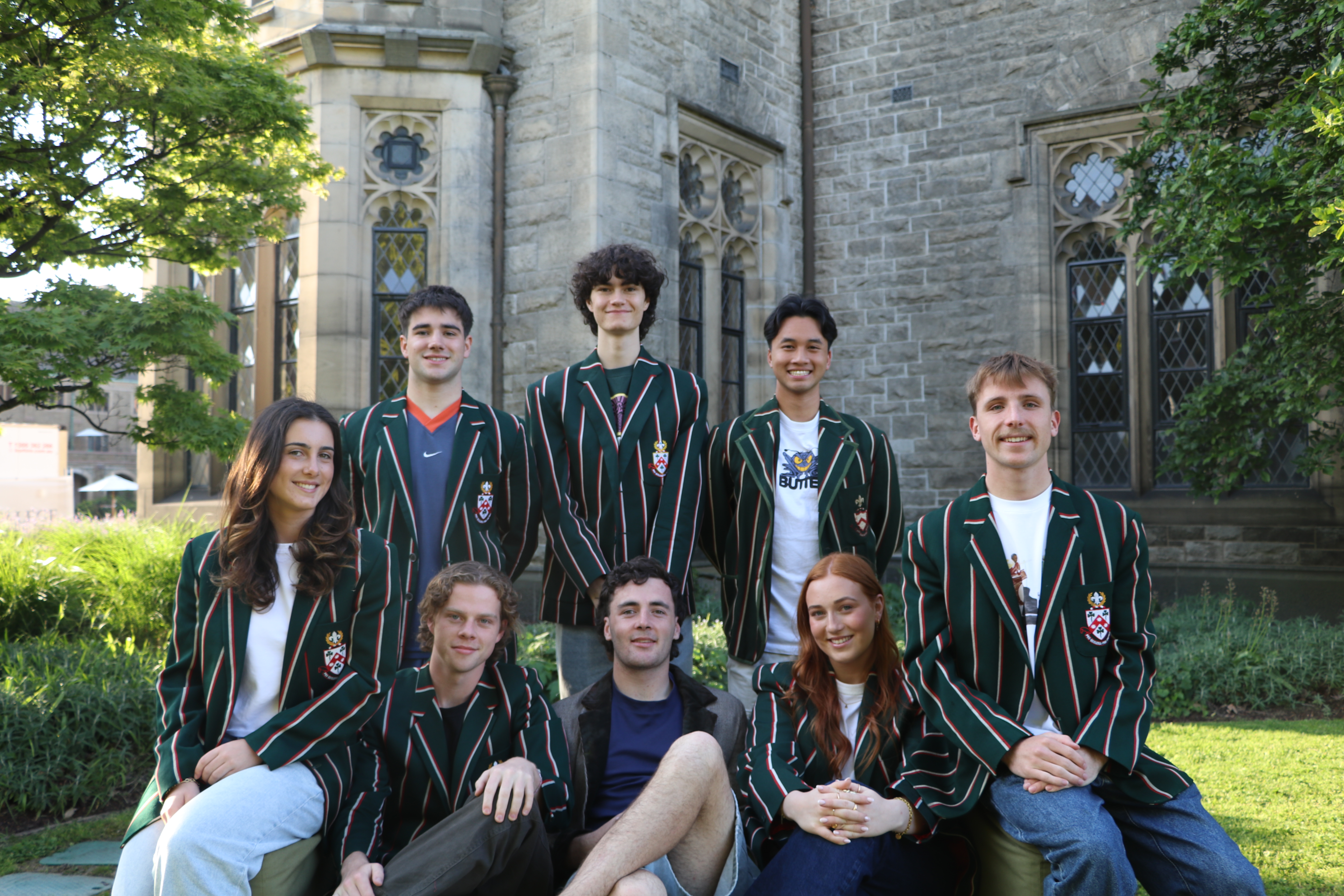
Meet our TCAC student committee for 2025
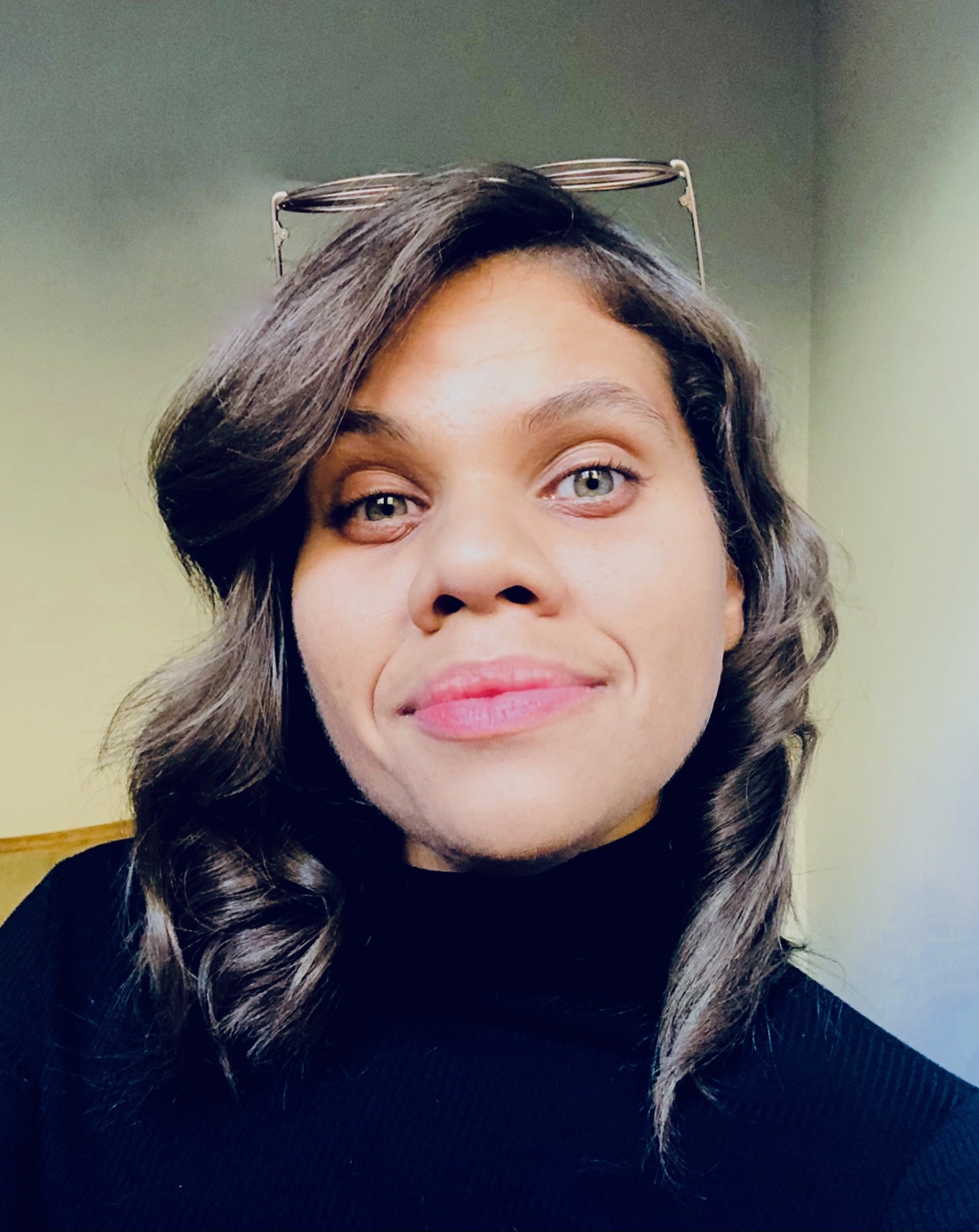
Nakata Brophy winner announced
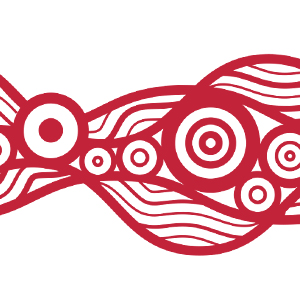
Nakata Brophy shortlist announced
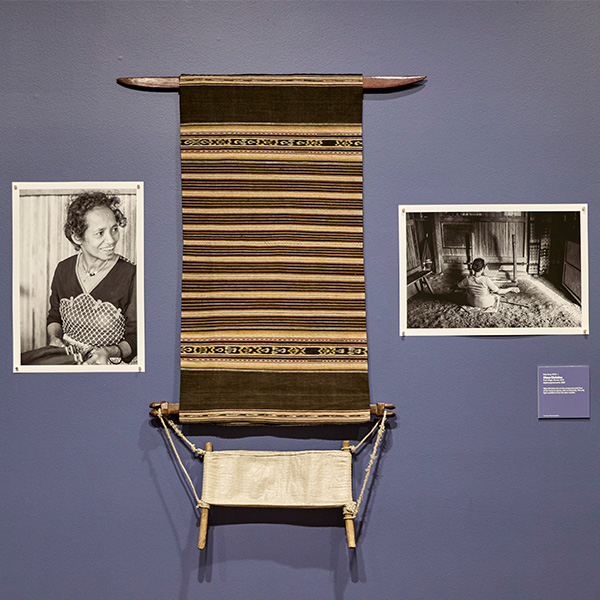
The fascinating story behind our latest exhibition: Tais, culture & resilience

Residential College student Ravin Desai shares his passion for politics and journey at Trinity
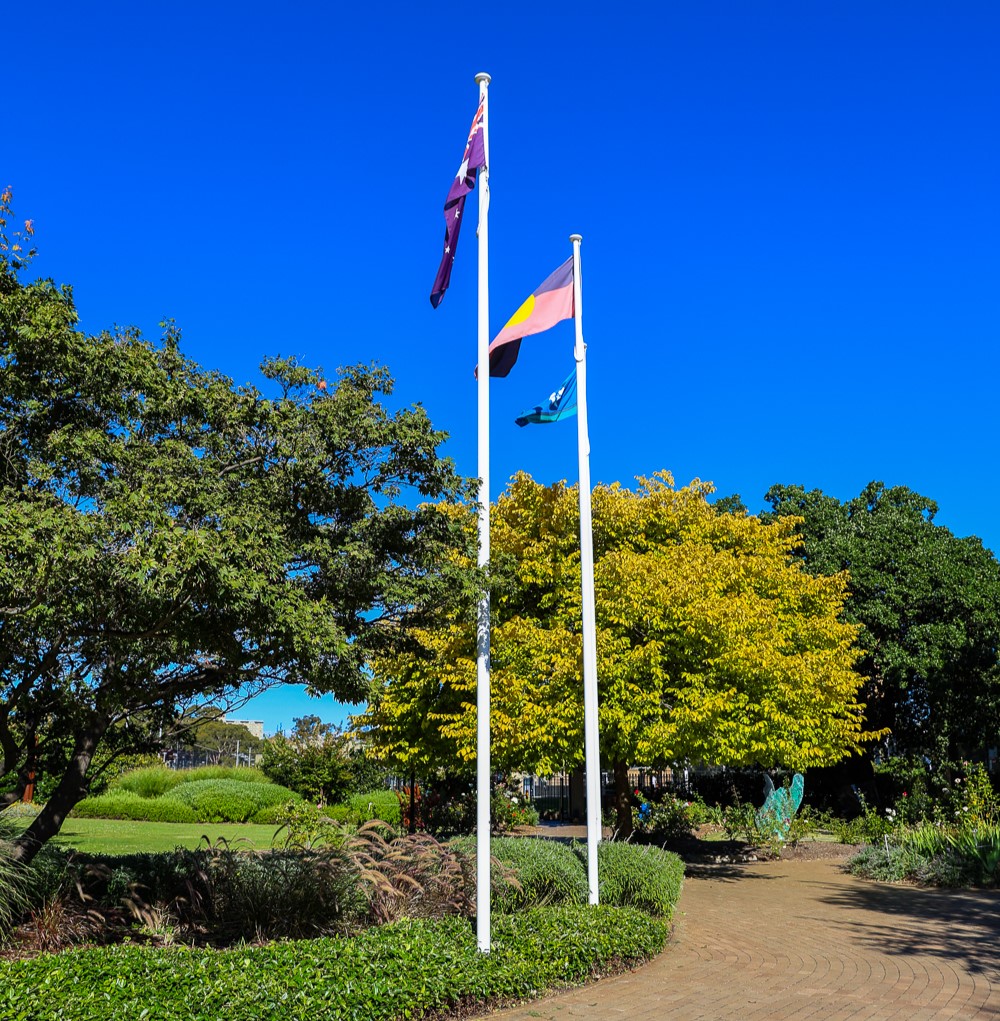
Nakata Brophy 'longlist' announced
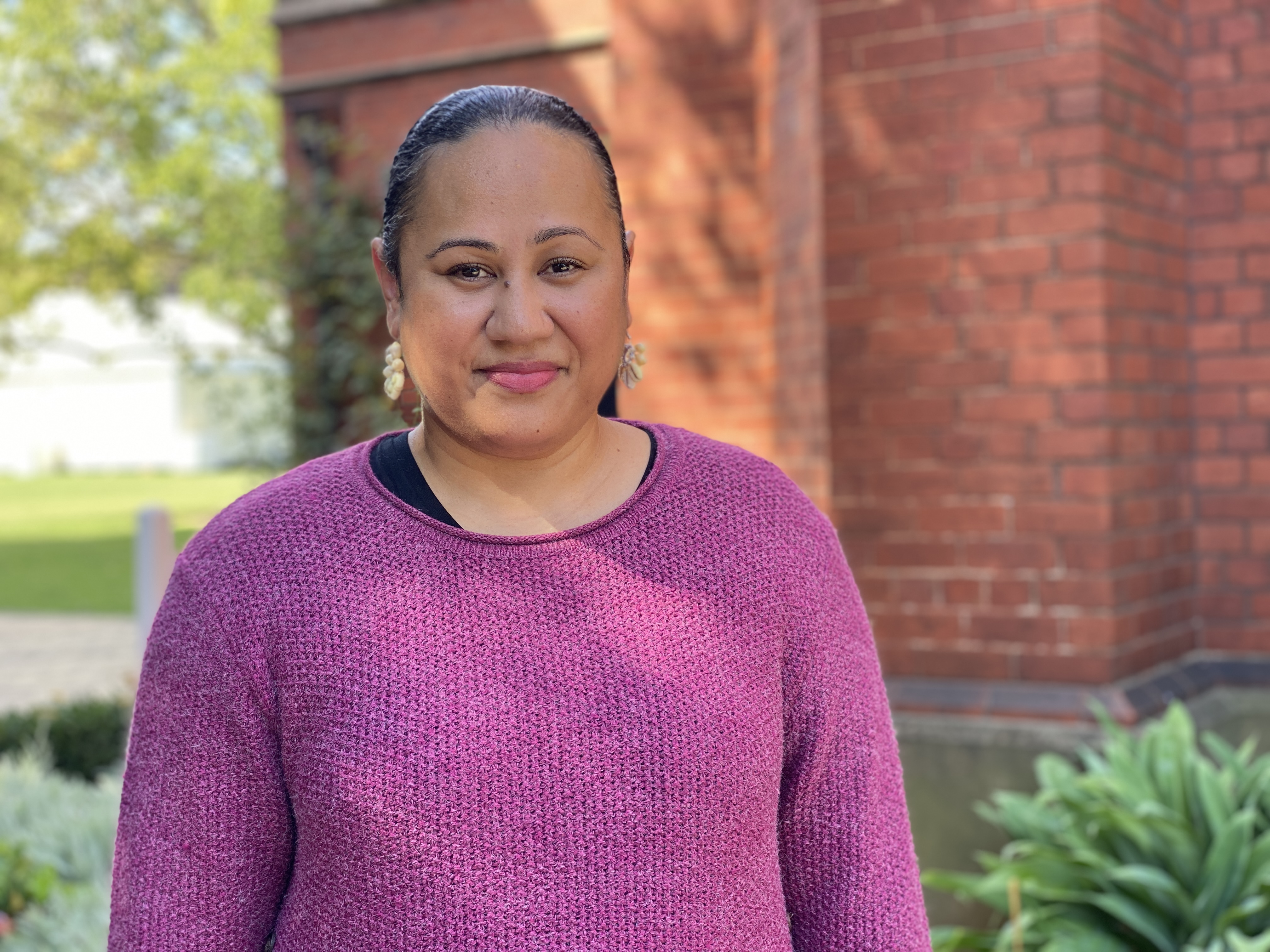
Meet Mariana Waqa, the accidental theological scholar
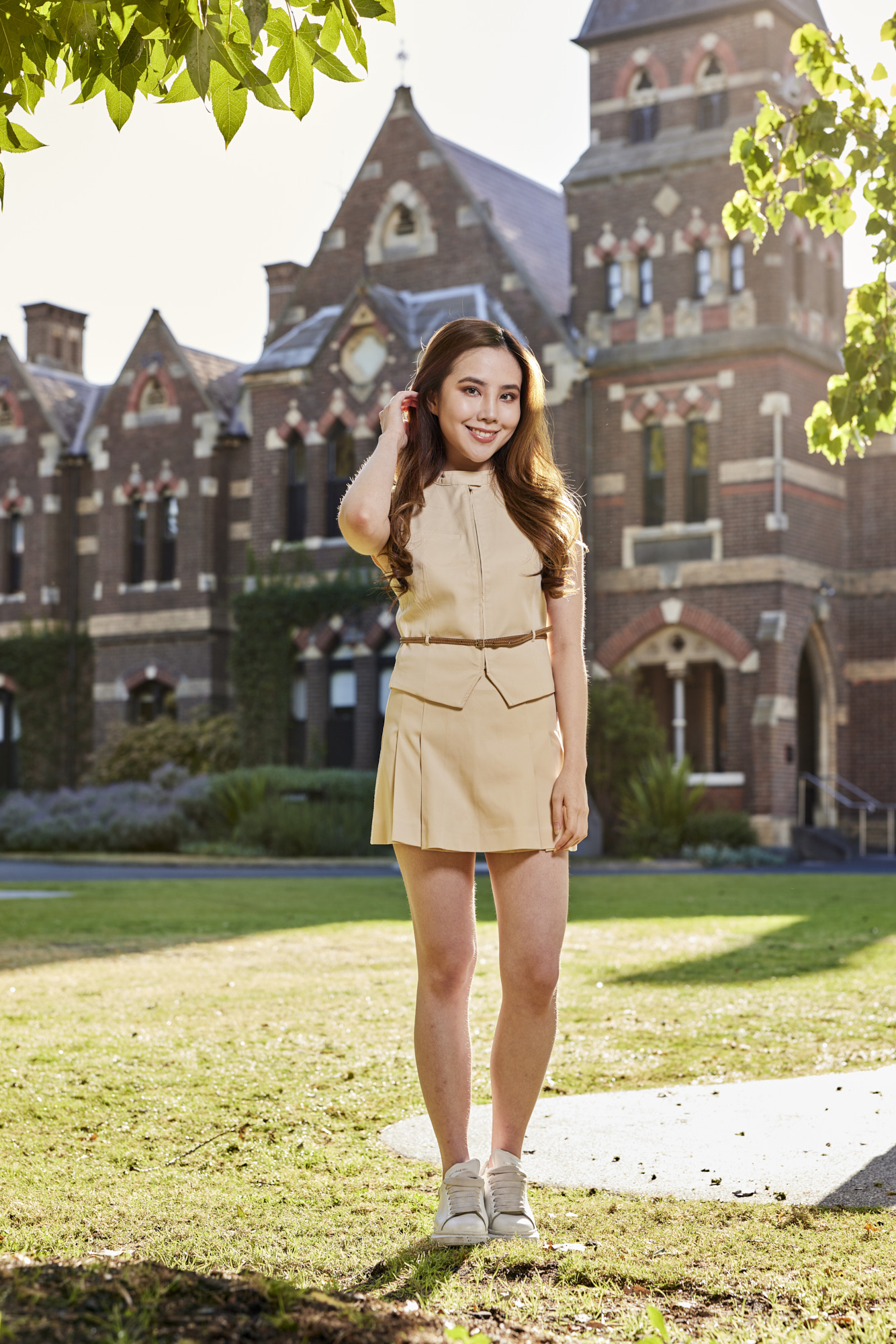
Meet Agatha Chelsea – Indonesian superstar and Trinity College graduate
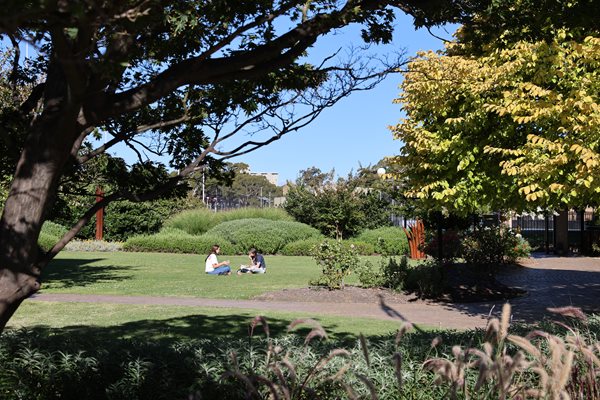
Learn about the Wellbeing and Inclusivity Committee at Trinity
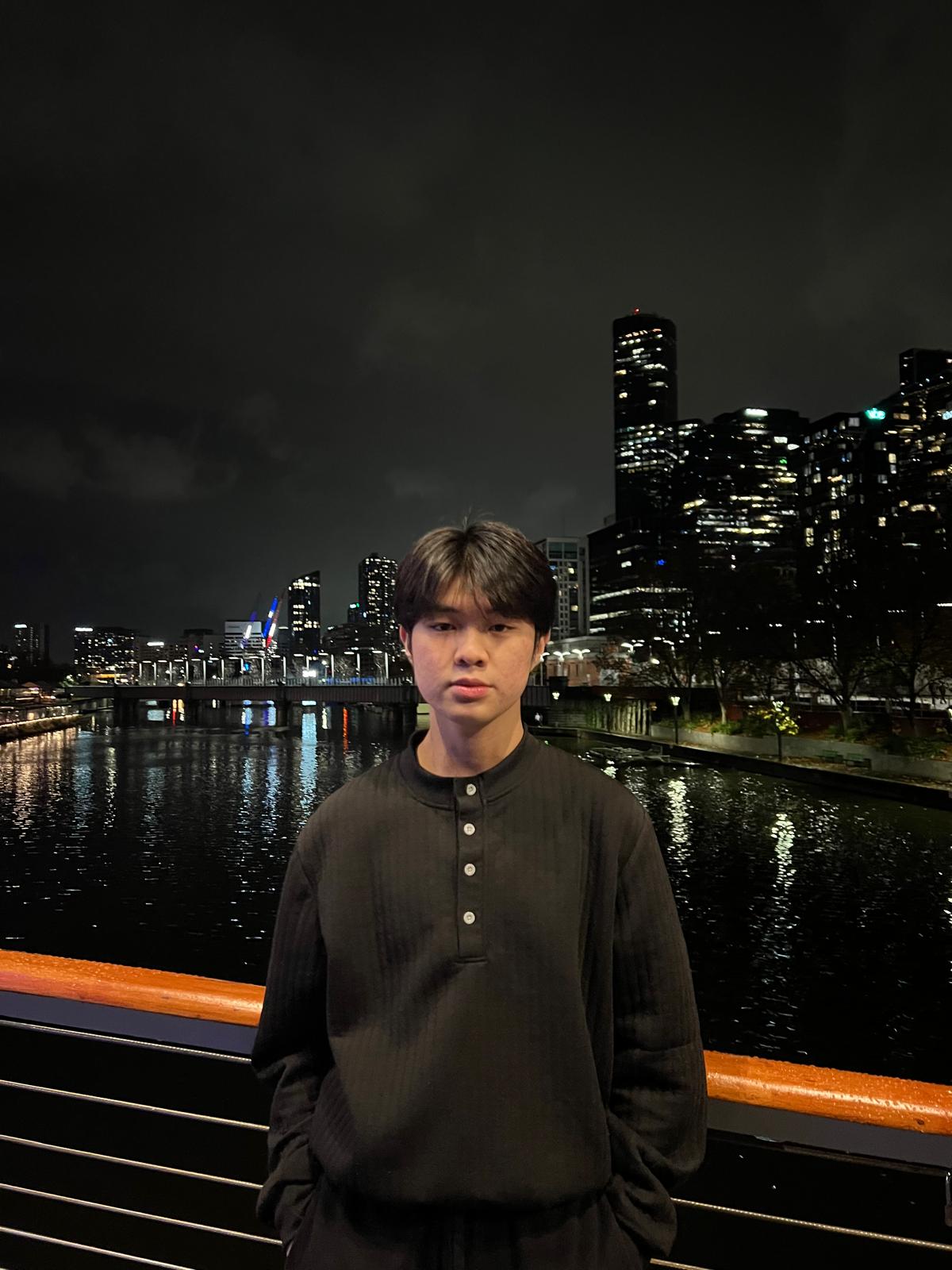
Meet Michael Dharmawan, a Trinity Foundation Studies dux in 2024
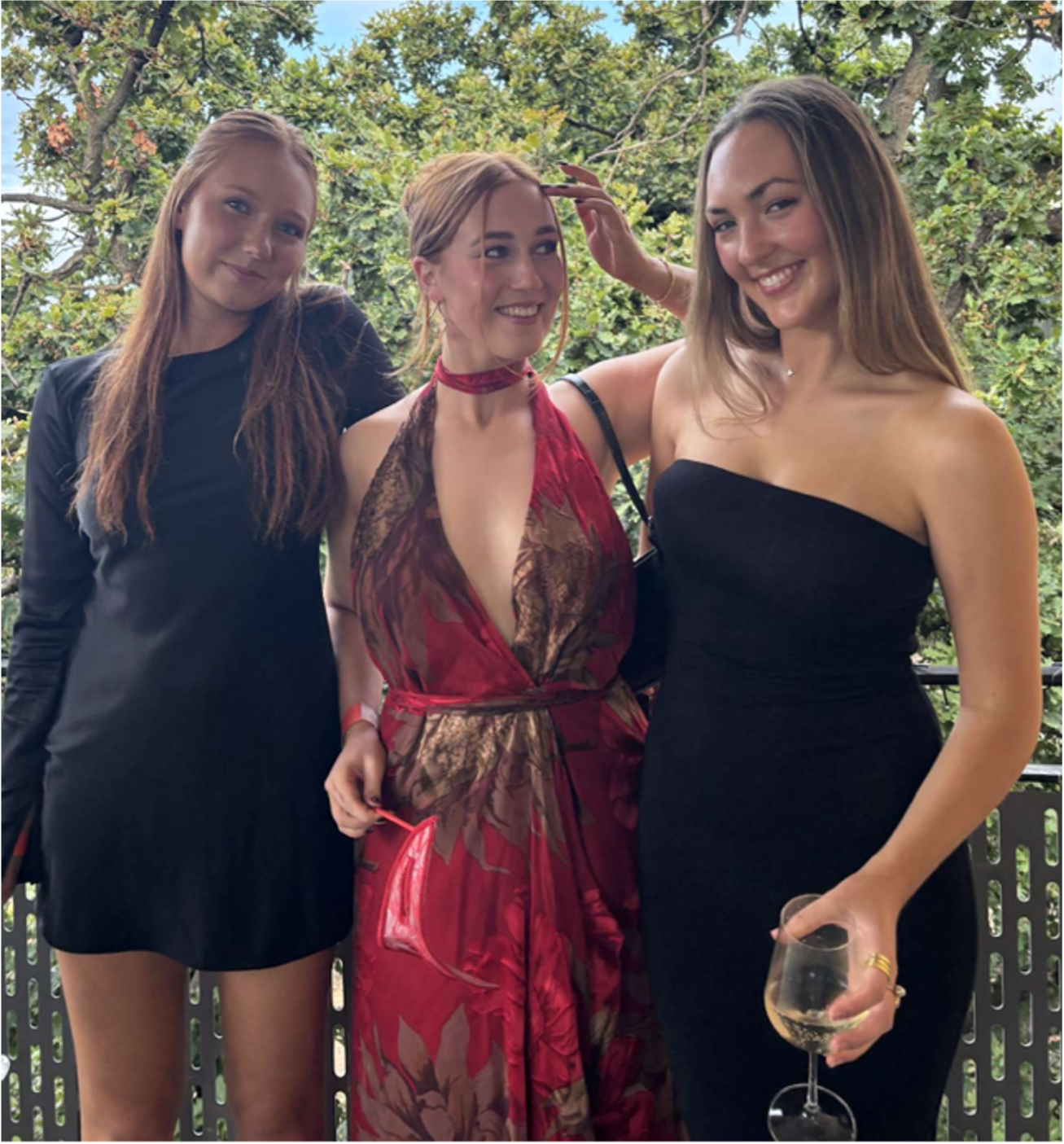
From Albury to Melbourne: Rosie Bradford's story
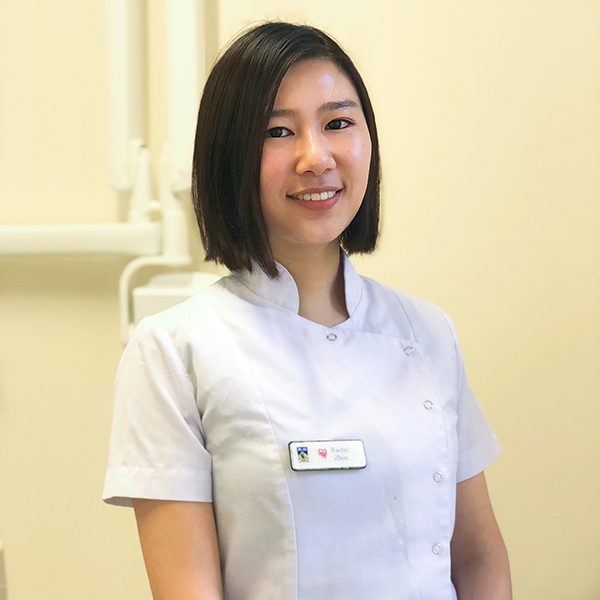
Foundation Studies alum Rachel Hongxun Zhou
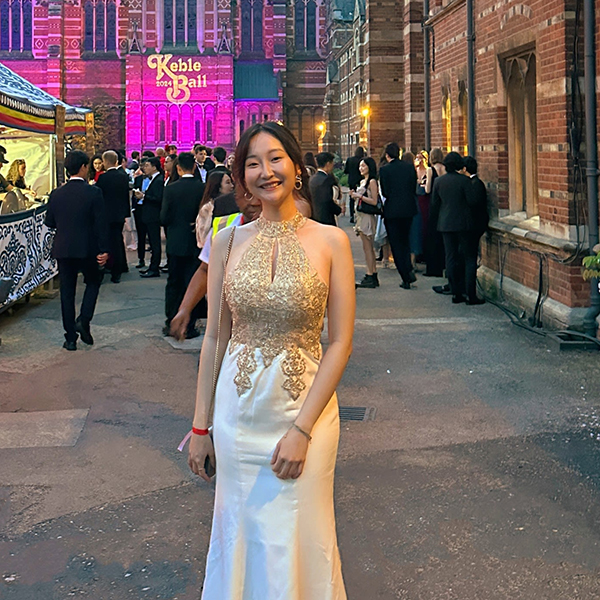
From Foundation Studies to the Residential College to Oxford: Xinran’s story
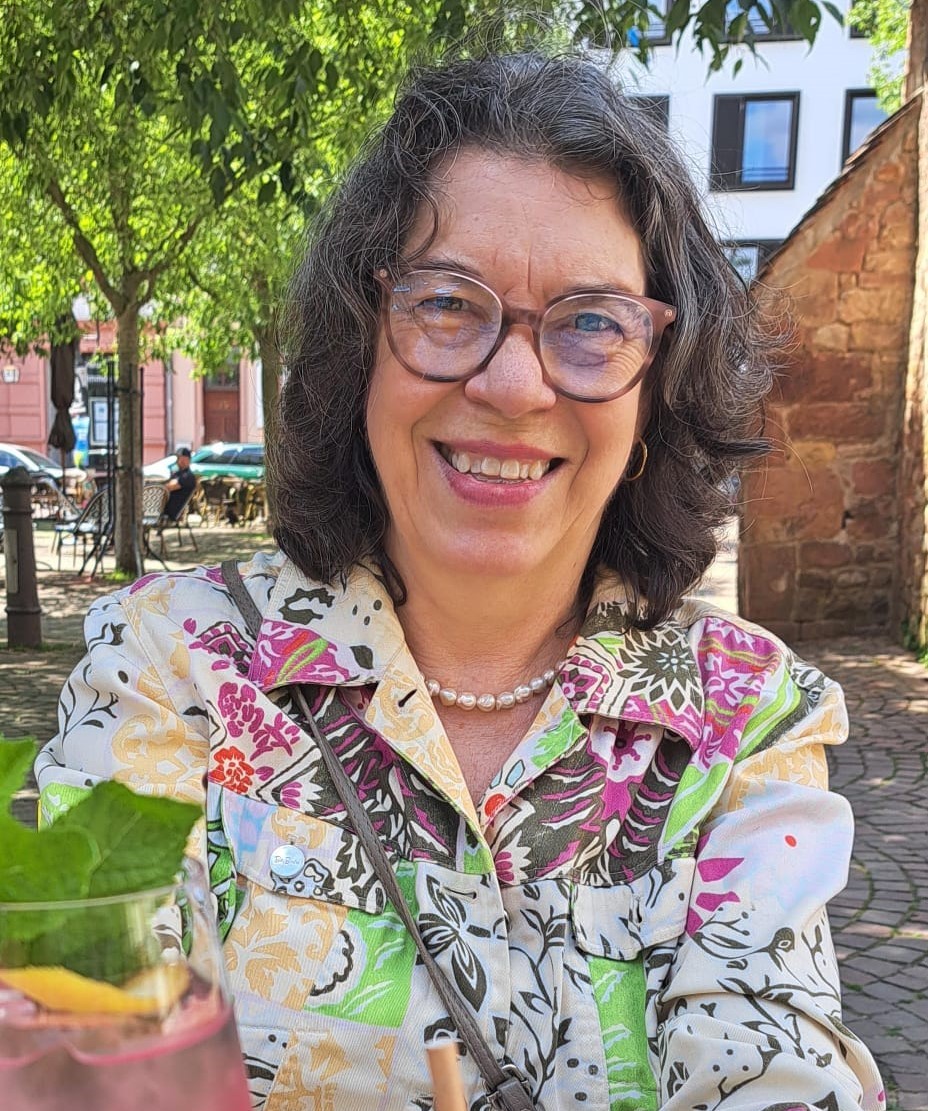
Meet visiting professors Emeritus Dr Dagmar and Dr Jürgen Eichberger
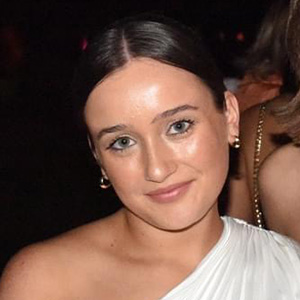
From the surf coast to Melbourne
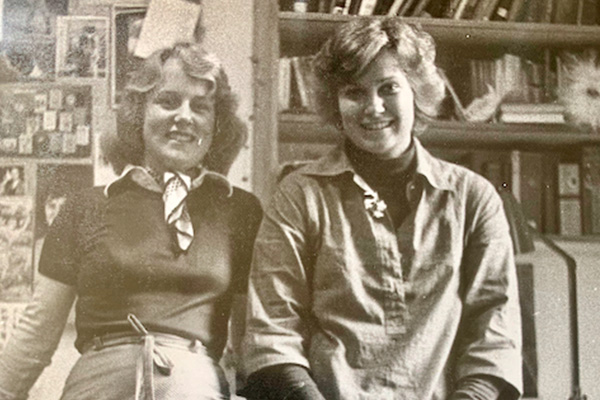
1974 vs 2024 for a woman at Trinity: what’s changed and what’s stayed the same?
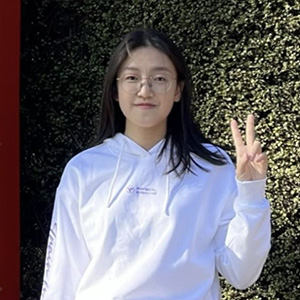
Meet past FS student Yuxuan Li

King's Birthday Honours 2024
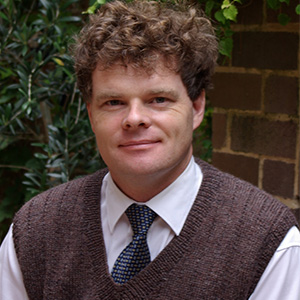
Meet Paul Oslington, Trinity alum and Director of the St James’ Institute, Sydney
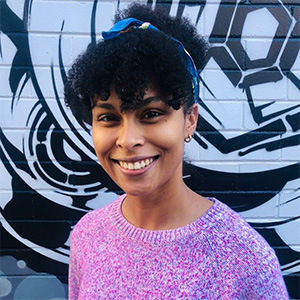
Meet Nakata Brophy prize winner Jasmin McGaughey
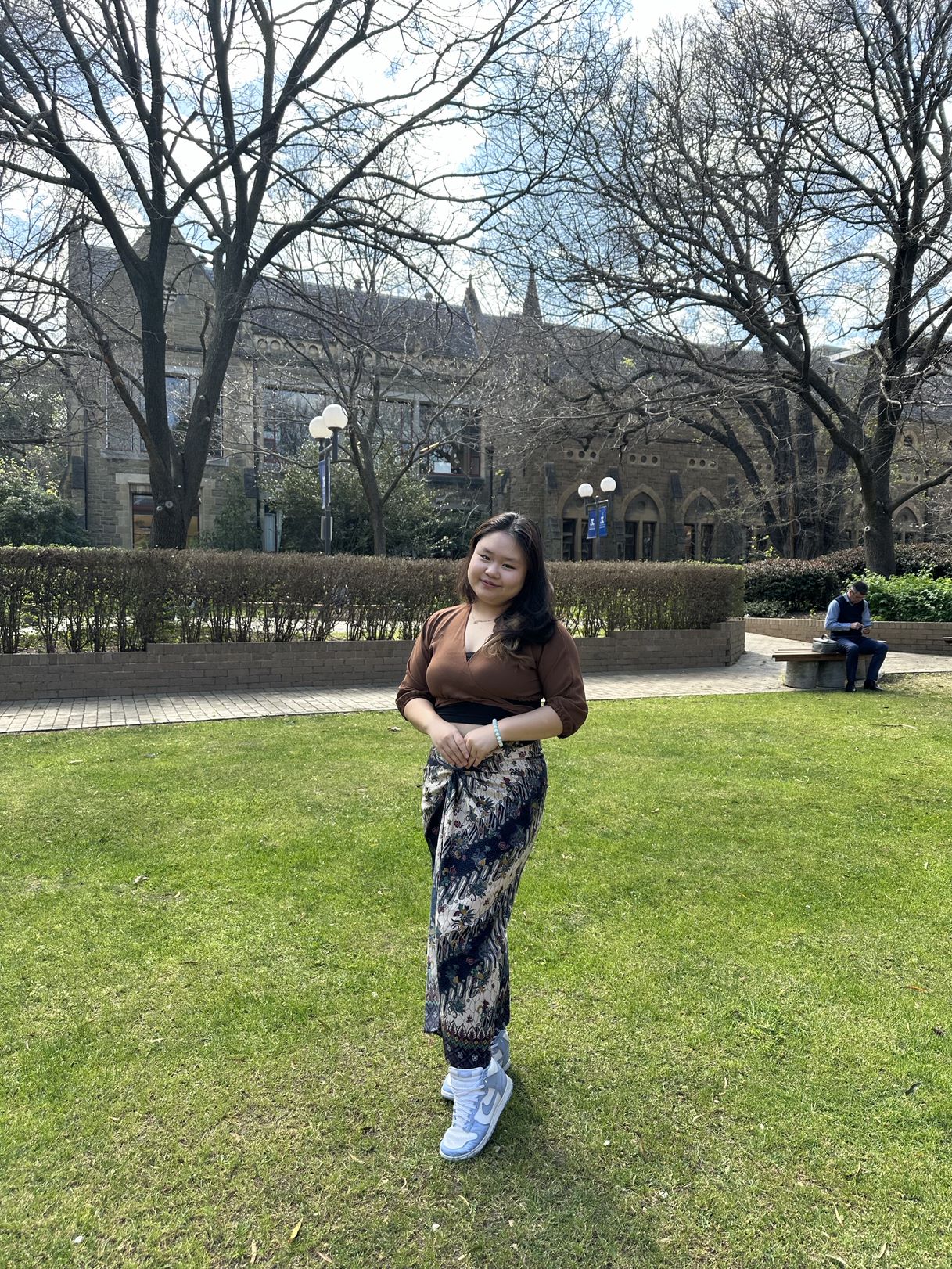
Meet Foundation Studies student Gabriella Sim
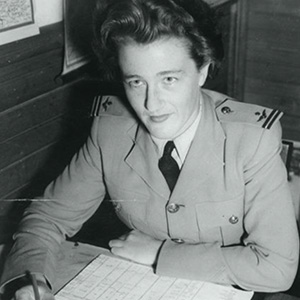
Anzac Day 2024 – Trinity stories
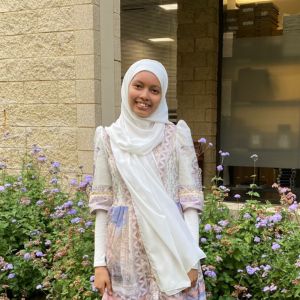
Meet Foundation Studies student Hanadi Alabdouli
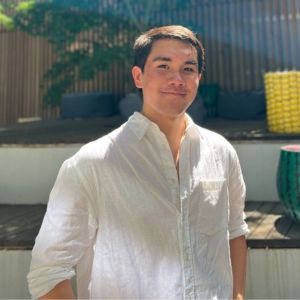
Meet Foundation Studies student Miguel Valmayor
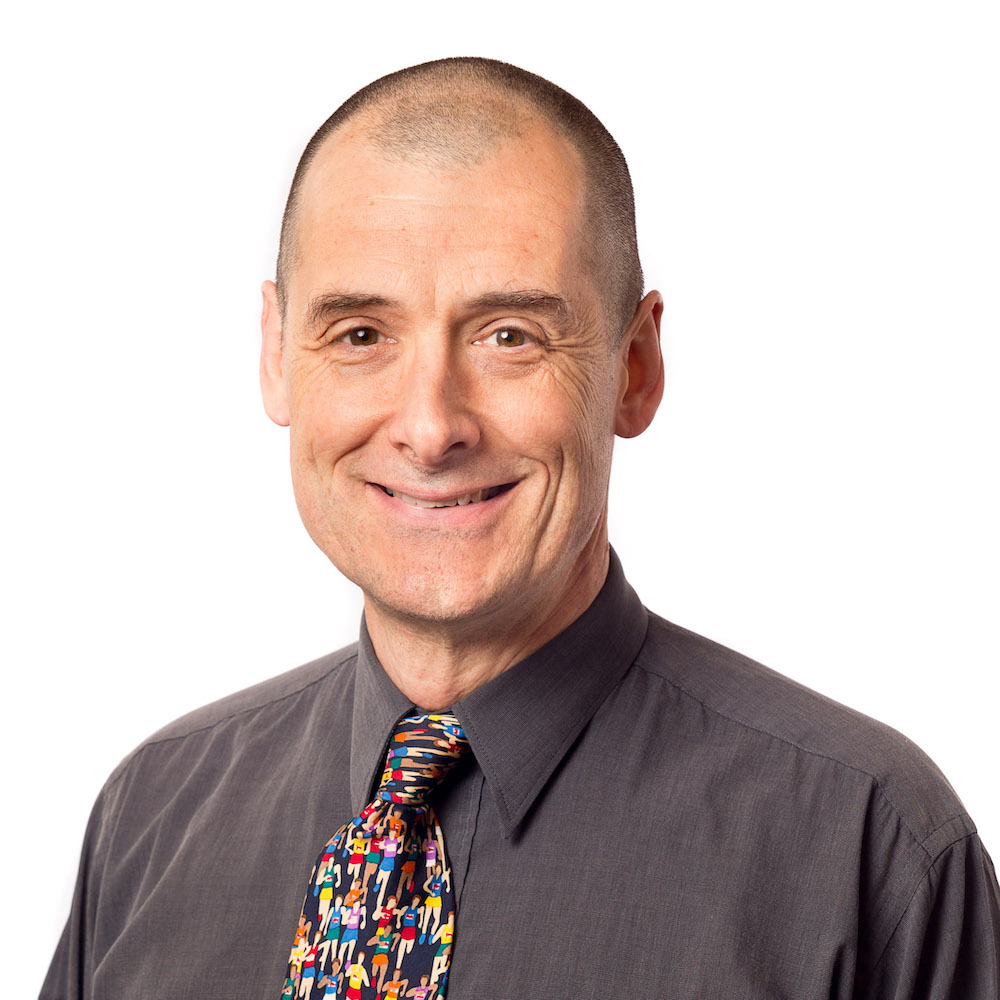
Guest preacher Chris Mulherin on the intersection of science and religion
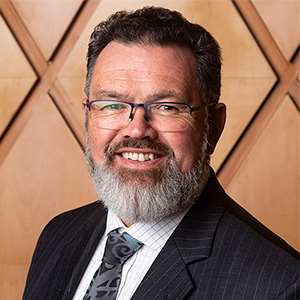
Meet visiting professor the Hon Justice Joe Williams
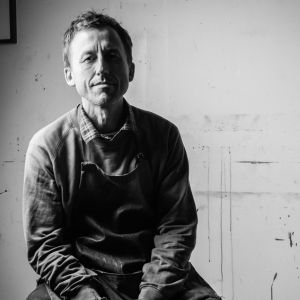.jpg?width=300&height=300&ext=.jpg)
Visit David Frazer's new exhibition: All that you've loved
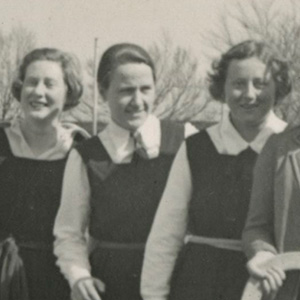
Pioneering women and the story of Janet Clarke Hall
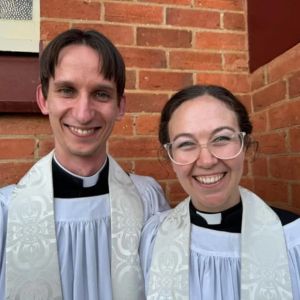.jpg?width=300&height=300&ext=.jpg)
Meet Gemma and Frederik Le Mesurier
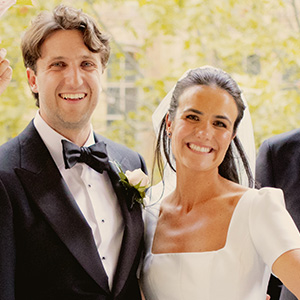
A love story for Valentine’s Day: Matt Hargreaves and Kirsten Callander
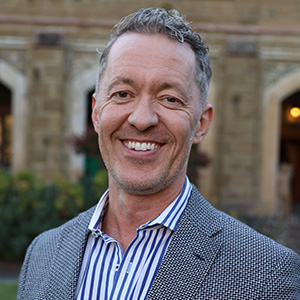
Announcing our 2024 Alum of the Year
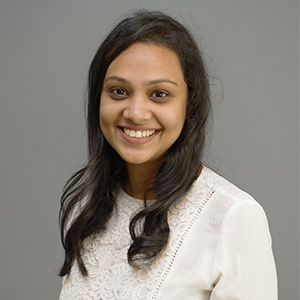
Meet economics teacher Tharushi Nissanka
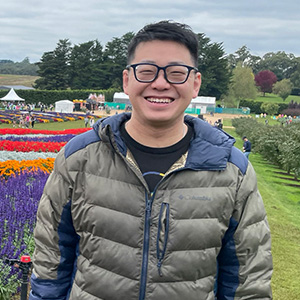
Meet maths teacher Hao Weng
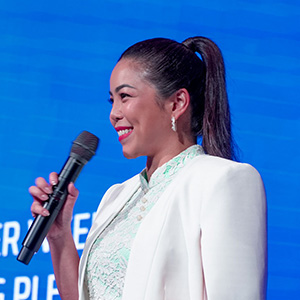
Charmaine Yee named our 2023 FS Alum of the Year
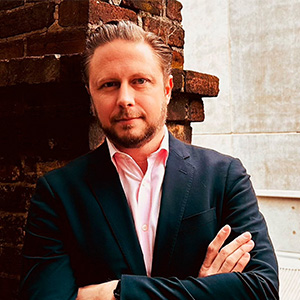
Meet English lecturer Jake Breaux
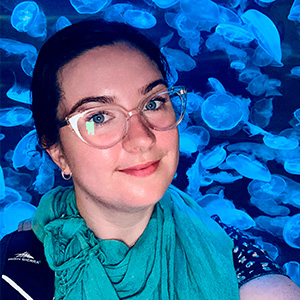
Meet English teacher Catherine Roberts
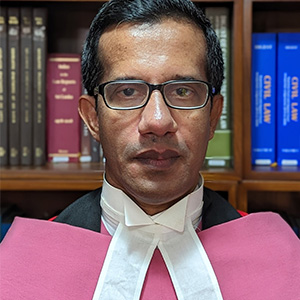
The work of visiting professor Justice Janak De Silva
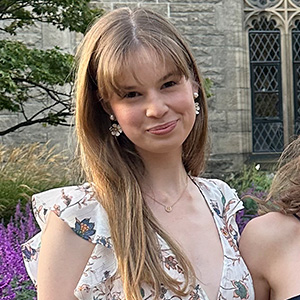
Moving to Trinity from overseas: Katie's story
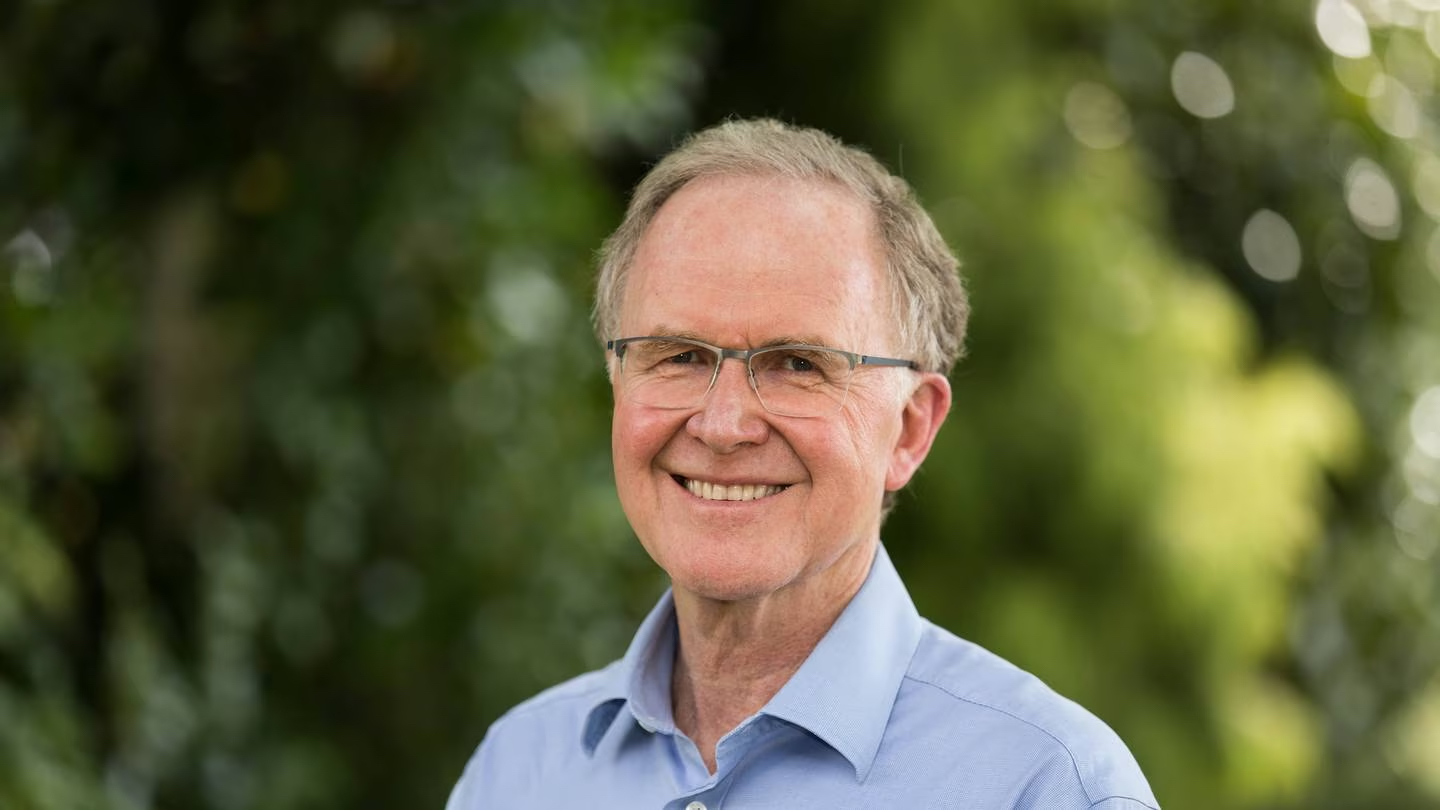
Meet visiting professor Ron Paterson
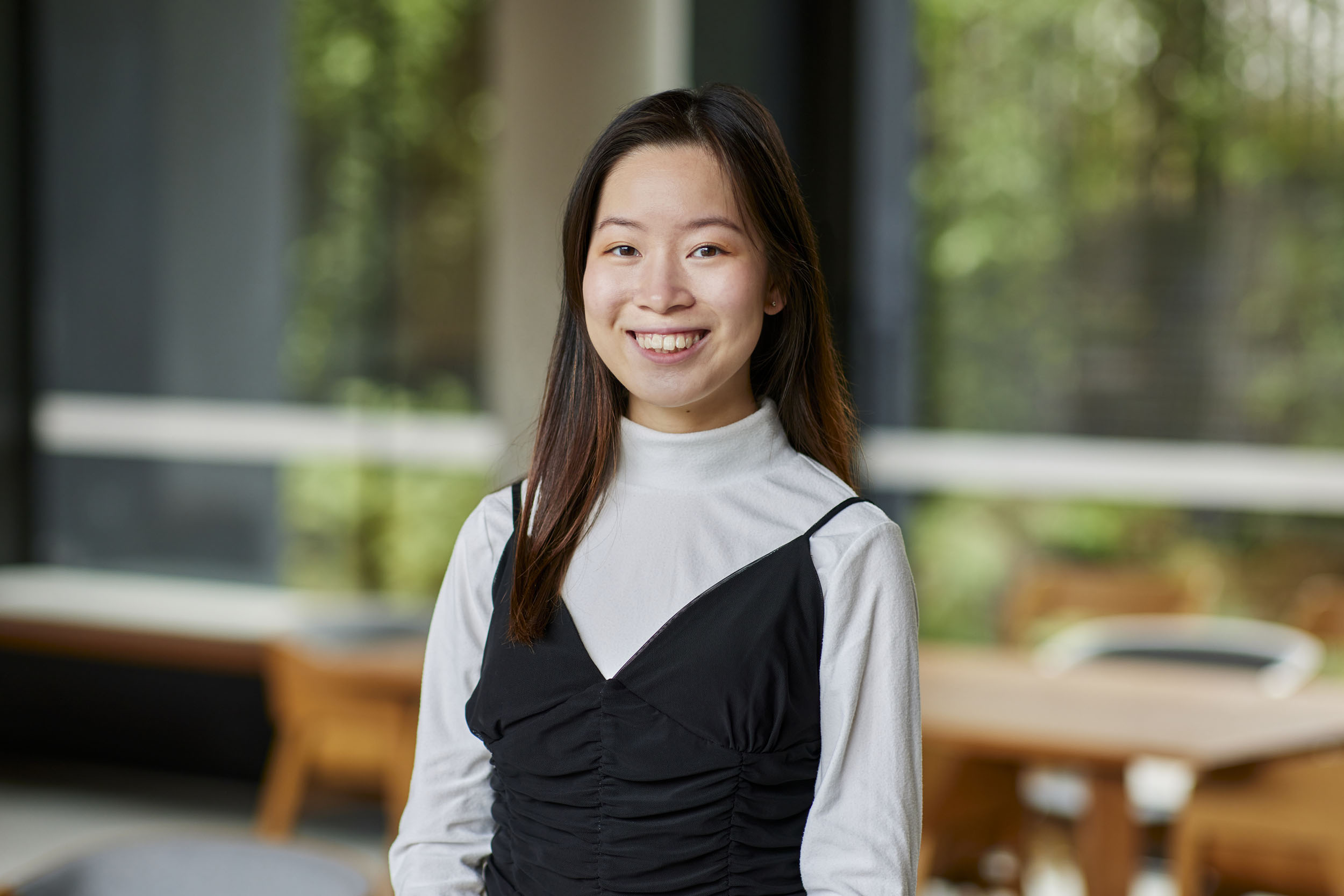
Meet Admissions Coordinator Wendy Ngaturi
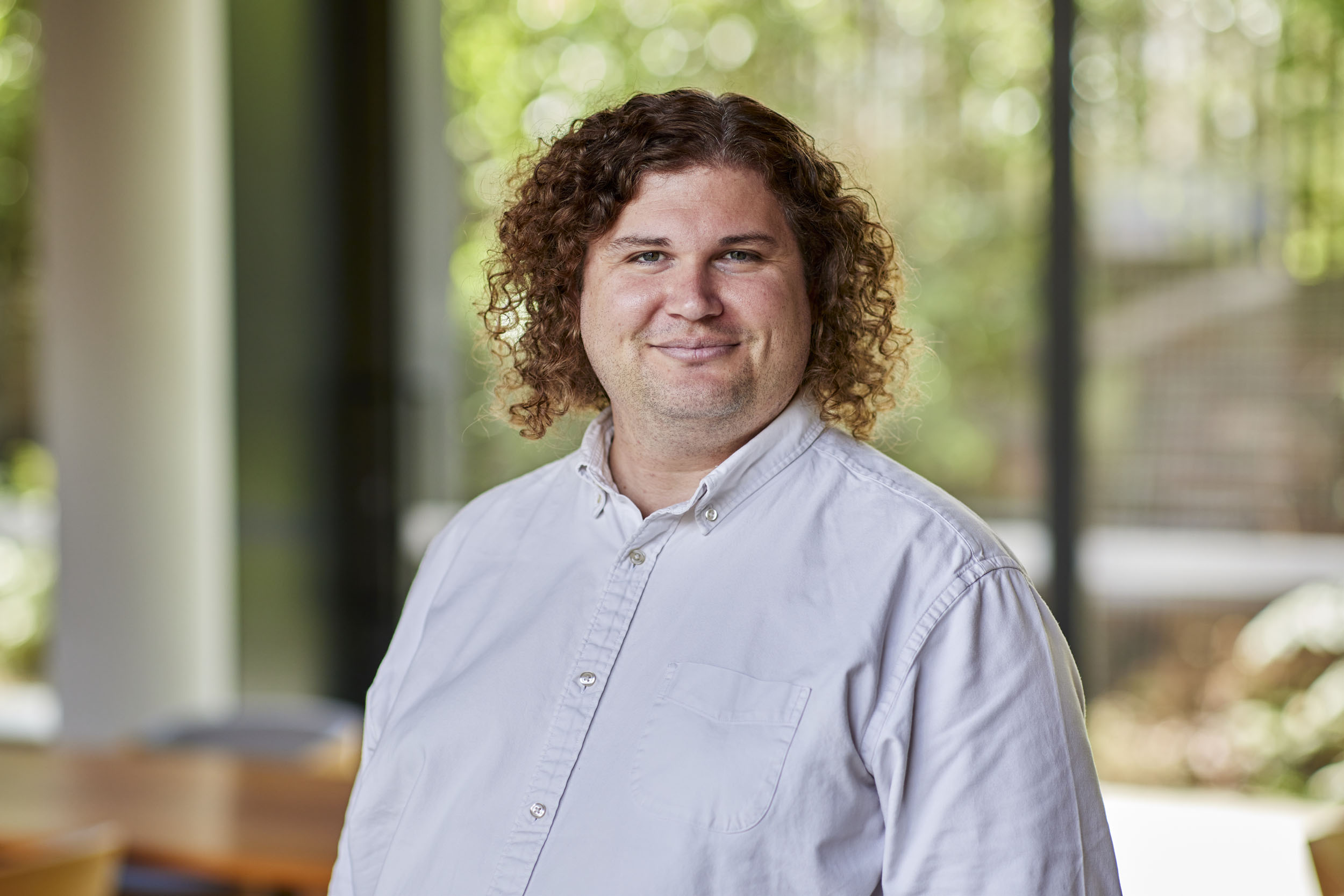
Meet Academic Programs Manager Michael Pickering
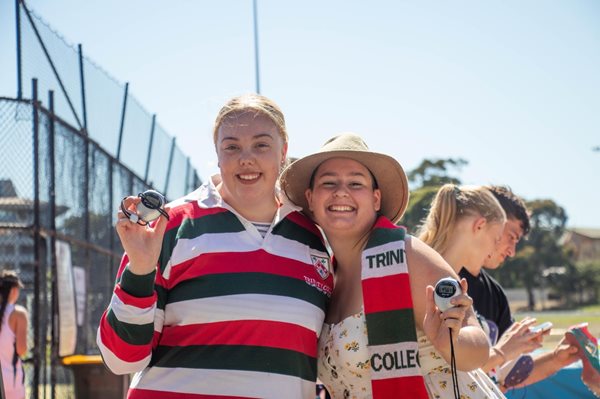
Kate Beggs’s journey from the Great Ocean Road to the heart of Melbourne city

Pursuing a creative passion: from Trinity to Edinburgh to New York

